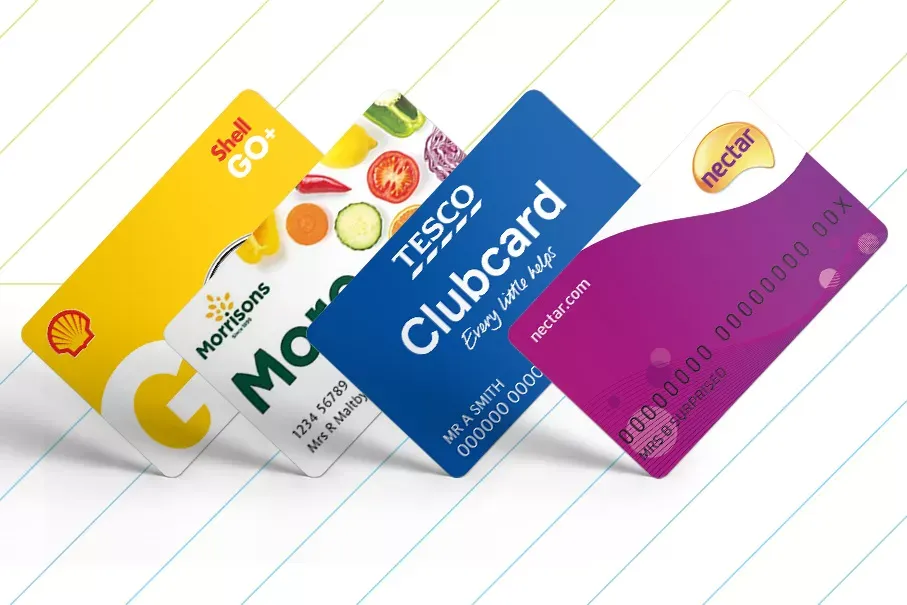
Recently, the cost of living crisis and its effects on small enterprises have received a lot of attention. Running a small business can be challenging, and it seems like things are just getting more difficult.
We wanted to take a moment to discuss how the present situation is affecting small companies because of this, and what you could do to limit the effects on your business.
What do we mean by a cost of living crisis?
The rising cost of bare necessities while earnings stay stagnant is the cost of living crisis. This means that less money is available for non-essential purchases, which can have a very negative effect on small enterprises.
Currently, across the UK, the cost of necessities is rising faster than household income, which causes a decline in real income for many people. Small businesses are feeling the effects of this since consumers have less money to spend.
The Brexit vote, which increased inflation, the pandemic, and the situation in Ukraine are some of the events that have contributed to this. As a result, the UK's inflation rate has reached its highest point since 2013 and is expected to keep climbing, and small enterprises will probably suffer much more.
How is this impacting small businesses?
Numerous small businesses rely on consumers' discretionary spending on things like nights out, weekends away, and new clothes.
People are choosing to forego these luxuries altogether or cut back on them as a result of having less money to spend. Many small firms are fighting for their lives because they can't compete with economies of scale.
Additionally, the affordability dilemma is making it more difficult for small firms to hire and keep employees. Many people are struggling to make ends meet as a result of incomes that are not keeping up with the increase in living expenses. This is causing more employees to leave in search of jobs that pay more as a result, which is increasing worker turnover.
Small enterprises are being severely impacted by both direct and indirect costs. Uncertainty brought on by the current political atmosphere makes it challenging for firms to make future plans. Additionally, as a result of customers cutting back on their spending, there is a decline in the demand for goods and services.
Small firms are finding it difficult to manage the growing prices and declining demand as a result of all of this. Many are being compelled to reduce their personnel numbers, shorten their business hours, or perhaps shut down completely.
Increases in the price of fuel and energy are one of the key direct costs that are severely impacting small enterprises. From January, the average UK home can expect to spend £4,266 on energy annually, and the cost of running a small business is increasing even more.
What is the government doing to help?
In an effort to assist small businesses, the government has announced a variety of initiatives, including an increase in the Employment Allowance, a decrease in the cost of National Insurance Contributions (NICs), and a reduction in fuel duty.
What can small businesses do?
To cope with the current cost of living crisis, small businesses can do the following:
Adopt a subscription-based payment model
Using a subscription-based payment model is one way small firms might try to reduce the rising costs of doing business. This kind of approach enables companies to spread out their costs across time, which makes it simpler for them to control their cash flow and maintain their operations.
Offer discounts and promotions
Offering discounts and promotions is another approach for small businesses to try to draw clients and increase sales. This can be a terrific approach to persuade potential customers who aren't sure whether to use your product or service, and it can also assist you in bringing in more money during hard times.
However, it’s important to monitor and limit the discounts and promotions you offer, as too many special offers might negatively affect your company’s revenue.
Move to a remote working model
Many small firms are finding it difficult to afford to retain a physical office space as energy costs are growing quickly. Converting to a remote working model is one approach to solving this issue. This can entail setting up an office in a less expensive area or allowing staff to work from home.
Monitor spend on fuel
With our free fuel card, you can save money on your business travel expenses by saving on fuel at Sainsbury’s, Morrisons and Tesco stations, as well as most Shell stations if you have fuelGenie+.
With the fuelGenie app, you can manage your account on-the-go, so you can remotely access your account on your phone with only a few taps, allowing you to stay updated whilst out. The app allows you to adjust cardholders’ limits, monitor every card, view balance and available spend, plan journeys and view fill-up locations. You can also manage your account through our website.
Don’t just take our word for it; see what one of our customers had to say:
“Having used it for many years, the online account system is very easy to download invoices, check usage, request or cancel cards, and all around great. Telephone customer service is 5-stars, and the staff are very helpful and understanding.”


